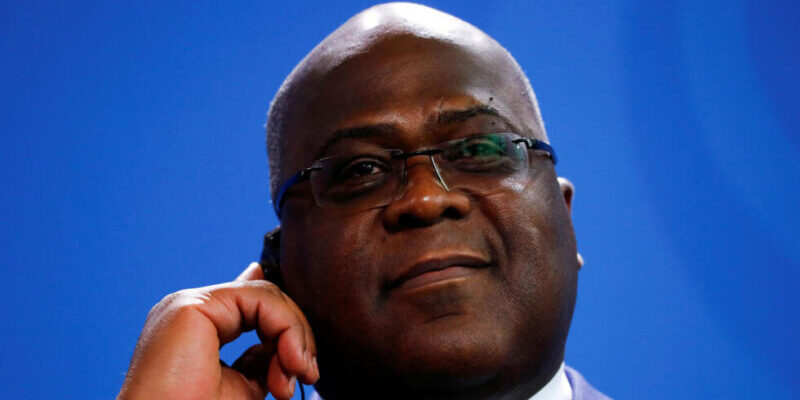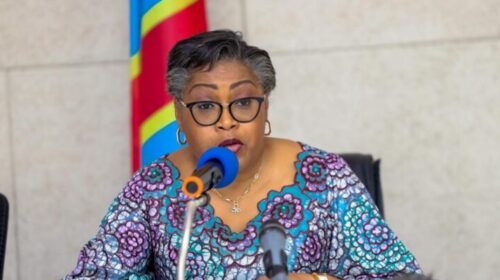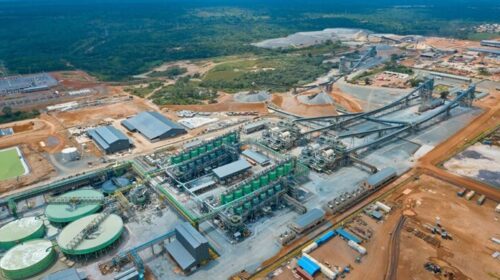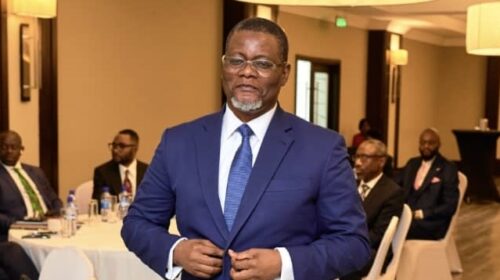President Tshisekedi Outlines Vision for Sustainable Growth at World Economic Forum
During his address at the World Economic Forum in Davos, Switzerland, on Wednesday, January 22, 2025, Democratic Republic of Congo (DRC) President Félix Tshisekedi unveiled a bold plan to transform the nation’s economy while reducing its carbon footprint.
Emphasizing the potential of renewable energy sources like solar, hydroelectric, and wind technologies, Tshisekedi highlighted the DRC’s natural advantages as the foundation for a sustainable future.
“By harnessing the power of our rivers and the abundance of sunshine that bathes our lands, we will build a sustainable energy infrastructure to power local communities, indigenous peoples, and industries without harming our environment,” Tshisekedi stated.
The President also underscored the importance of agricultural transformation to ensure food security and drive economic progress.
By prioritizing sustainable agricultural and mineral value chains, Tshisekedi aims to tackle illegal activities that fuel conflict in the DRC’s eastern regions.
“Replacing illicit activities with sustainable value chains is not only a fundamental right but also a pragmatic solution to eradicate illegal revenues financing conflicts.
Three decades of war have unjustly claimed over six million lives. Protecting our forests is not just a national priority—it is a global imperative. Failing to act compromises the future of our planet,” he warned.
The discussion on sustainability also highlighted the DRC’s potential in the carbon credit market. On December 6, 2024, Environment and Sustainable Development Minister Eve Bazaiba stressed the urgency of establishing a regulatory authority to oversee the DRC’s carbon credit market.
With 62% of the Congo Basin under its jurisdiction, the DRC has immense potential to attract investment and create a certified carbon credit registry.
Bazaiba detailed the outcomes of three recent transactions in the carbon credit market. The first generated $1.6 million, of which the DRC received only $100,000 due to the absence of regulatory oversight.
The second involved a proposed $3.6 million deal, which fell through when private investors withdrew, citing a lack of local investment. The third transaction was more successful, generating $90 million at $17 per ton.
By addressing these regulatory gaps and leveraging its natural resources, the DRC aims to position itself as a global leader in sustainable development, balancing economic growth with environmental preservation.
51 total views , 2 views today





